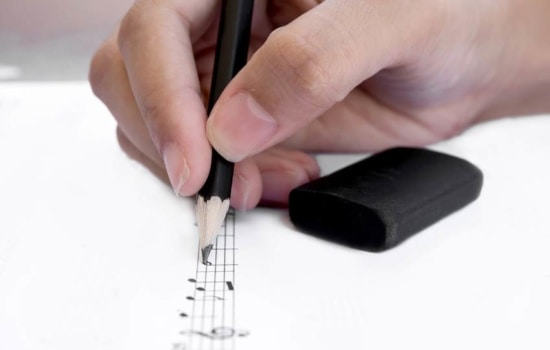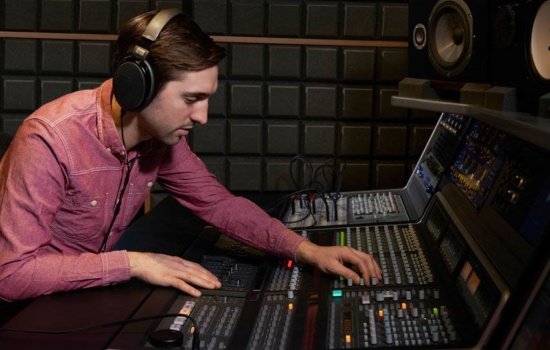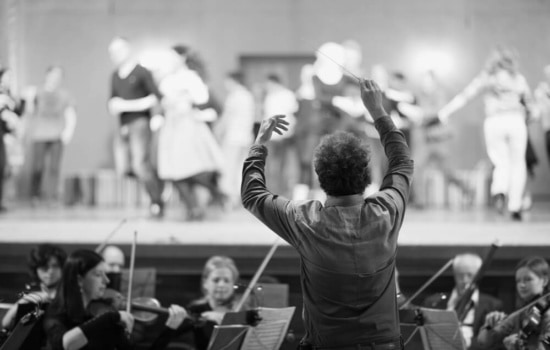Music Career Finder
Survey Start
Music Careers
If you want to explore all the careers in the music industry, you’ve come to the right place. We’ve interviewed 100+ experts about the ins-and-outs of their careers to be able to provide you with expert, trustworthy insights you can use. Serving more than 2.5 million users per year, we’ve been the authority on music career information since 2010.
Most Popular Music Careers
Check out our list of just about every single music career there is. If you're looking for the perfect career in the music business, this is a great place to start. Dive in, do your research and start making your dreams come true.
Most Popular Music Career Categories
This section breaks music careers down by their major categories. This is a great way to find careers that you might not be aware of, but are similar to some you may already know and be interested in.



















